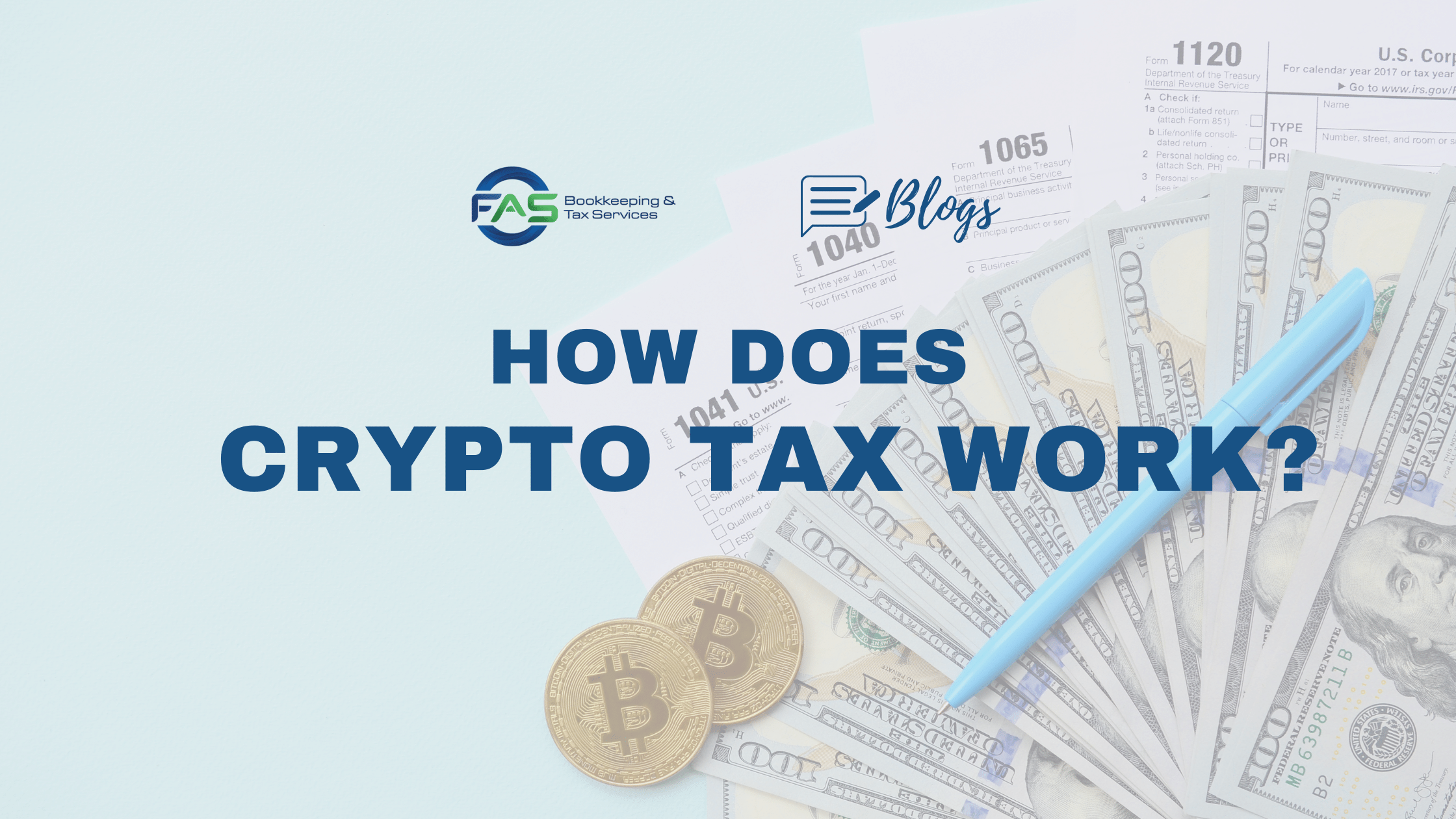Filing US Taxes from Canada
An estimated 700,000 Americans call Canada home. Making Canada one of the top destinations for Americans living abroad. If you are an American living in Canada you can be called an American Expat living in Canada. And as an American expat living in Canada, do you know the things that you should know about filing your US expat and Canadian taxes?
If you still don’t know by now, the US is one of the very few countries in the world that has its taxation system based on citizenship instead of residency. So if you are a US citizen or a green card holder, you are required to file your US federal income tax return and pay the taxes due to the IRS. Regardless of your physical location and residence. There is some sliver of good news though, the IRS placed several provisions that you can claim as an American expat to mitigate double taxation.
What American expats need to know about filing US taxes
 A certified financial planner and financial management adviser with Investors Group in London, Ontario, notes that “generally, as a U.S. citizen living and working in Canada, you are taxed for money earned in Canada.”
A certified financial planner and financial management adviser with Investors Group in London, Ontario, notes that “generally, as a U.S. citizen living and working in Canada, you are taxed for money earned in Canada.”
The US requires all Americans and green card holders to file taxes on their worldwide income above $12,550 for single or married filing separate, or if they earned more than $400 through self-employment. That’s one thing to keep in mind about filing US taxes from Canada.
While filing taxes from Canada, expats must convert their Canadian income into US dollars. They may use any reputable currency conversion resource they wish, so long as they use the same one consistently.
You must file Form 8938 if you have financial assets worth over $200,000 per person registered in a foreign country including Canada.
Having a total of $10,000 in foreign financial accounts at any time during the tax year means that you must also file FinCEN form 114. More commonly known as FBAR which stands for Foreign Bank Account Report.
There are two methods available to Americans living in Canada to reduce or eliminate their US tax liability: The Foreign Earned Income Exclusion (FEIE) and the Foreign Tax Credit (FTC).
The Foreign Earned Income Exclusion allows you to exclude from US income tax the first US$110,000 of your worldwide income if you can demonstrate that you are resident in Canada. So if you have $100,000 worth of rent payments from your apartment building and $10,000 worth of interest payments from your savings account, then your entire $110,000 worth of income will be excluded from US tax. Meanwhile, the Foreign Tax Credit allows you to reduce or eliminate any Canadian taxes paid by dollar-for-dollar credit against your US tax bill. This means that if you pay $10,000 in Canadian taxes during a year and owe $10,000 in US federal taxes, the latter will be offset against the former.
The Foreign Tax Credit can be beneficial for those who pay more income tax in Canada than in the US, as you can carry the excess US tax credits forward for future use.
But don’t celebrate just yet! Both the FTC and FEIE provisions from the IRS must be claimed by filing the necessary forms. If your worldwide income exceeds the minimum IRS thresholds, you are still required to file your US Federal Income Tax Return.
US – Canada Tax Treaty
 Since the taxes in the US are based on citizenship and not on residency, one can’t help but think of the possibility of double taxation. Luckily, the relationship between the US and Canada goes way back. This enabled them to create an amicable tax treaty between the two countries. The US-Canada tax treaty helps both its citizens and residents to avoid double taxation when it comes to income tax and capital gains tax. However, a Savings Clause is in place that limits its benefits for American Expats in Canada.
Since the taxes in the US are based on citizenship and not on residency, one can’t help but think of the possibility of double taxation. Luckily, the relationship between the US and Canada goes way back. This enabled them to create an amicable tax treaty between the two countries. The US-Canada tax treaty helps both its citizens and residents to avoid double taxation when it comes to income tax and capital gains tax. However, a Savings Clause is in place that limits its benefits for American Expats in Canada.
The primary solution for American expats to mitigate the risk of double taxation is to claim US tax credits of the same value that they have paid to the CRA or the Canada Revenue Agency.
If an American expat in Canada has income originating in the US, the American expat can claim Canadian tax credits against the income tax paid in the US to the IRS. For an American expat to claim US tax credits against paid taxes in Canada, you must file Form 1115 when you submit your US federal income tax return. If you do this, you may be able to minimize your overall taxes.
Much to dissatisfaction of American taxpayers, the US-Canada tax treat actually has a clause that allows the Canadian government to provide the US with the Canadian tax information of American expats. This information is given to the IRS, which may include their Canadian investment and bank account balances. The treaty also allows the Canadian government to demand and collect fines and penalties on behalf of the IRS when an American expat fails to file their US federal income tax returns.
U.S. citizens who move to Canada should know that many investment instruments available in Canada are subject to U.S. tax, including Registered Retirement Savings Plans, Tax Free Savings Accounts, and Canadian-based mutual funds.
Furthermore, the IRS doesn’t fully exempt capital gains on the sale of a primary residence. As such, US expats in Canada should always consult with a US Enrolled Agent to ensure that they understand the implications of buying or selling their home or Canadian investments.
What American expats need to know about Canadian taxes
If you are just about to make your move to Canada, you should know that their tax day is on April 30. This is also the date that you have to file your taxes, unless you are self-employed, then you get to file on June 15. The CRA or the Canada Revenue Agency is the Canadian equivalent of the IRS, and the personal income tax return form is called T1 General or simply T1.
Income tax rates in Canada range from 15% to 33%. American expats in Canada are commonly considered Canadian residents for tax purposes if they happen to maintain an abode in Canada. However, several factors may be taken into consideration, like having a bank account, club memberships, business relations, and location of dependents and spouses.
If you think that you still have plenty of things to know about your tax situation as an American expat living in Canada, you should get in touch with an Enrolled Agent to help you navigate both your US federal income tax return as well as your Canadian income tax returns.
Lucky for you our Enrolled Agent is ready to help you navigate your US federal income tax obligations! Just send us a message today and we’ll get in touch with you today!
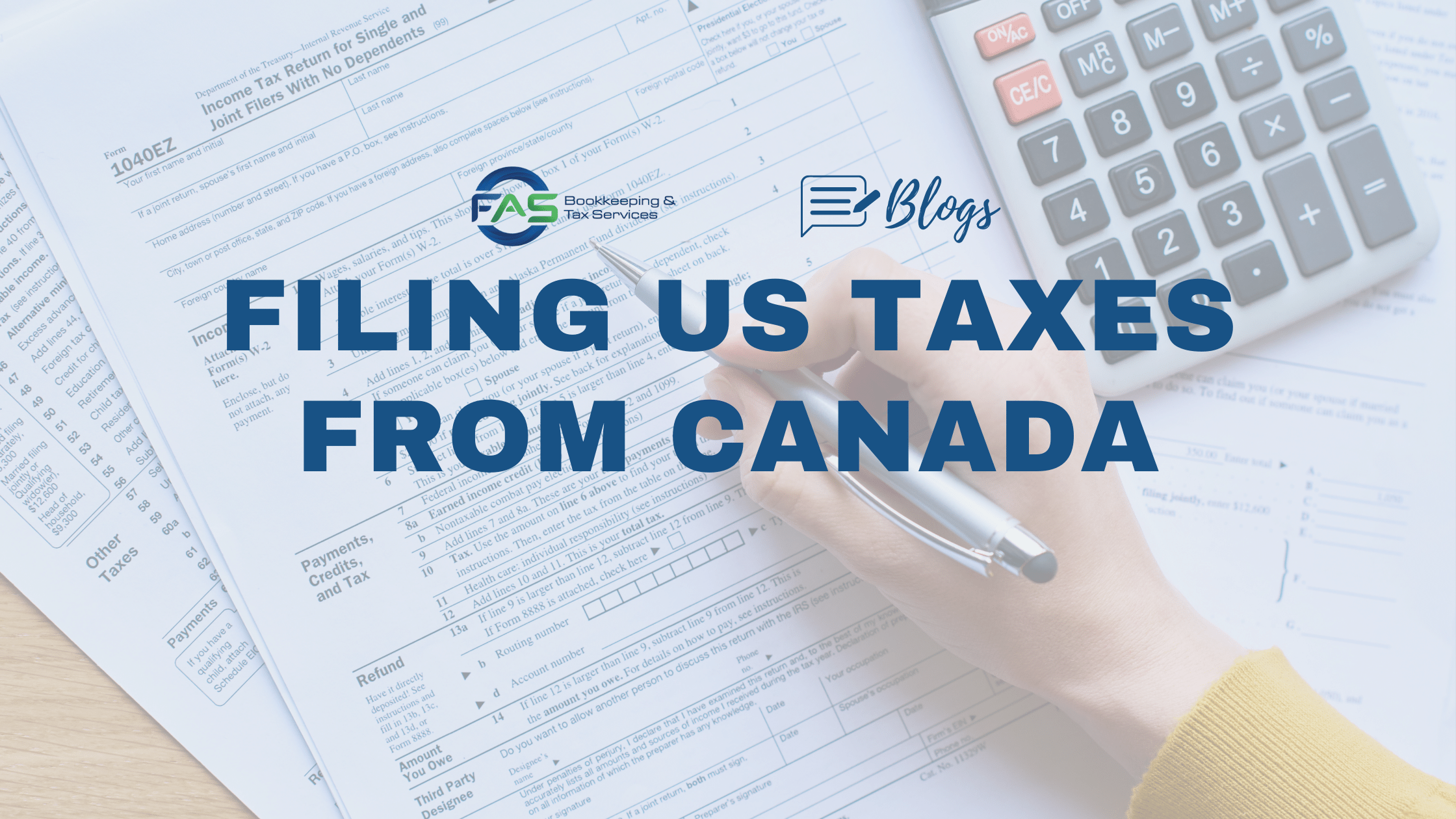


 FATCA reciprocal reporting – A two-way street
FATCA reciprocal reporting – A two-way street Still got time to be compliant
Still got time to be compliant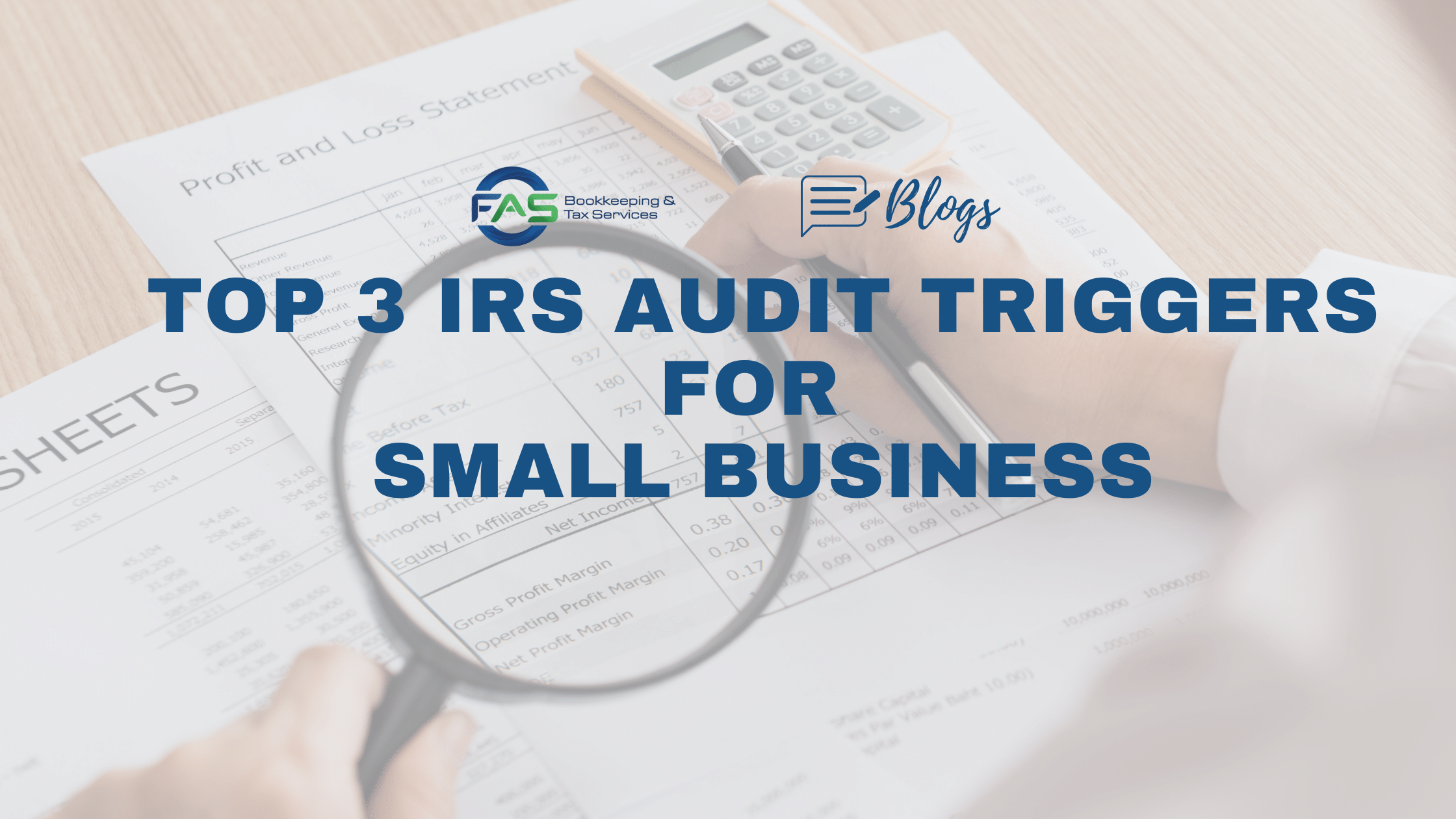

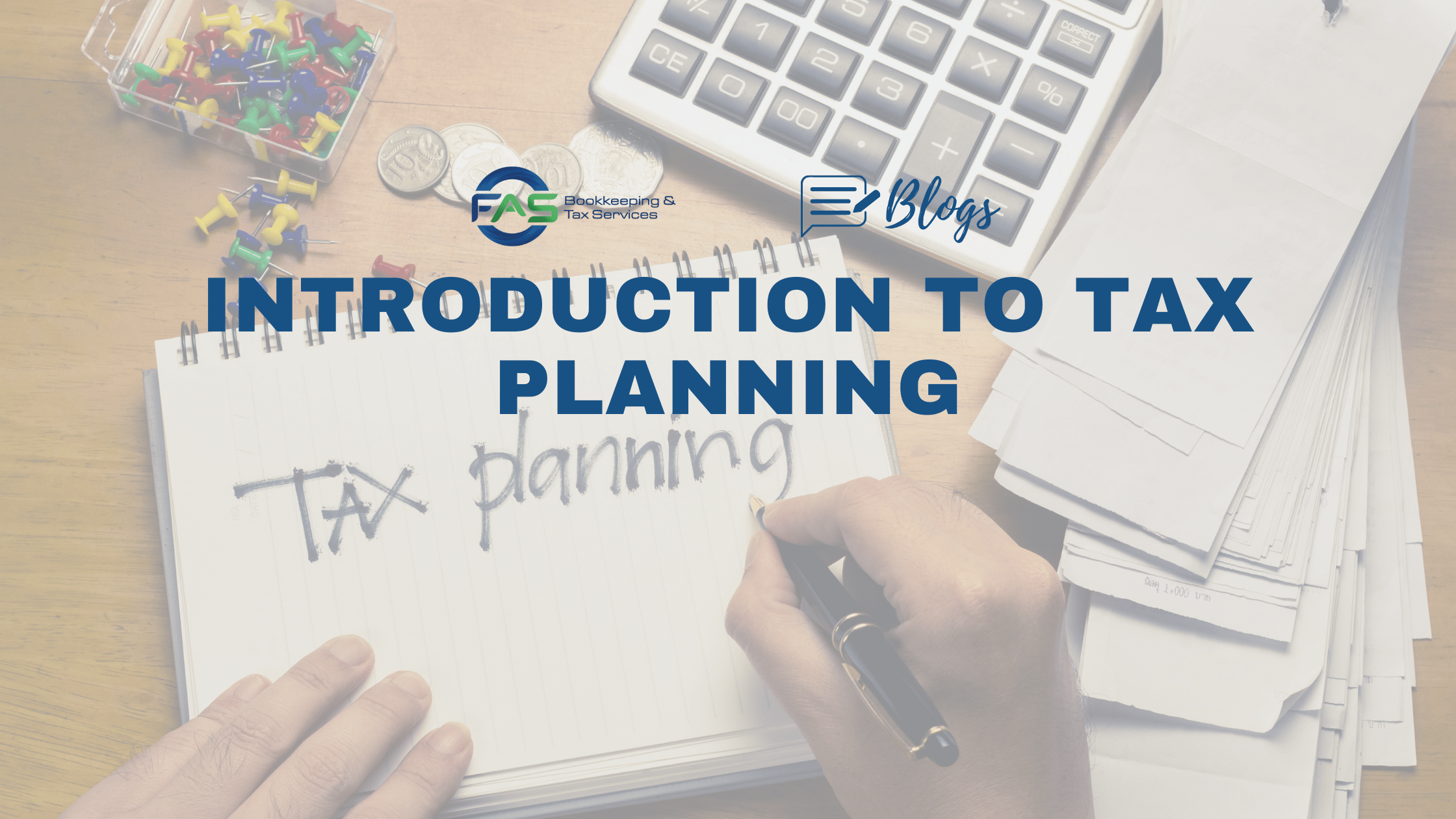
 Introduction to Tax Planning: The Basics
Introduction to Tax Planning: The Basics about minimizing your tax burden. It’s also about maximizing your returns by taking inflation into account, as well as taxes, expenses, and so on.
about minimizing your tax burden. It’s also about maximizing your returns by taking inflation into account, as well as taxes, expenses, and so on.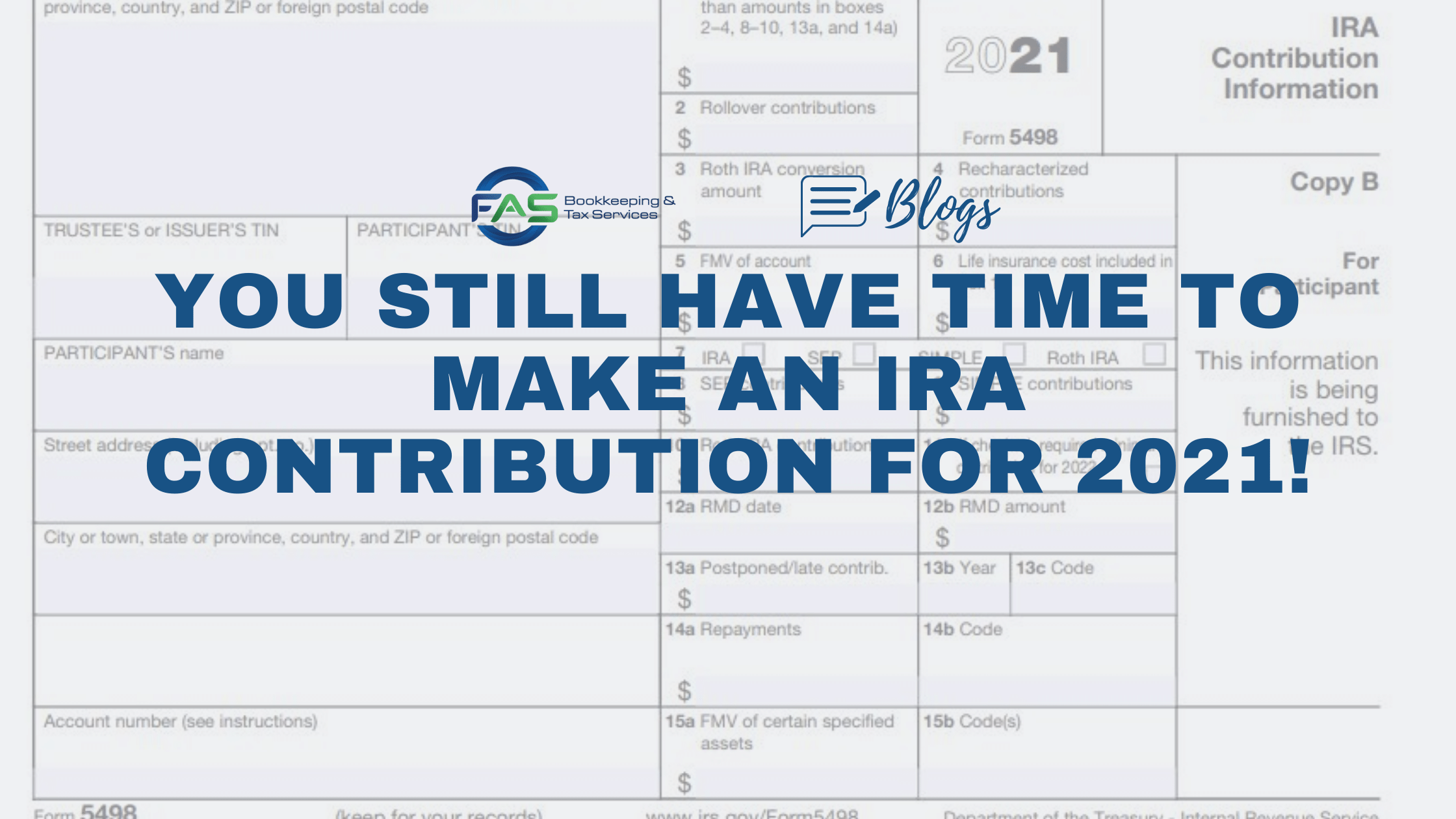


 There’s a saying that goes ‘ a loss is a gain you didn’t realize you had’. Losses on crypto can be used to offset your capital gains. You can write off your crypto losses against your capital gains, so you pay less federal income tax when you file your taxes this year. However, your capital gains tax still depends on how long you’ve held your crypto asset.
There’s a saying that goes ‘ a loss is a gain you didn’t realize you had’. Losses on crypto can be used to offset your capital gains. You can write off your crypto losses against your capital gains, so you pay less federal income tax when you file your taxes this year. However, your capital gains tax still depends on how long you’ve held your crypto asset.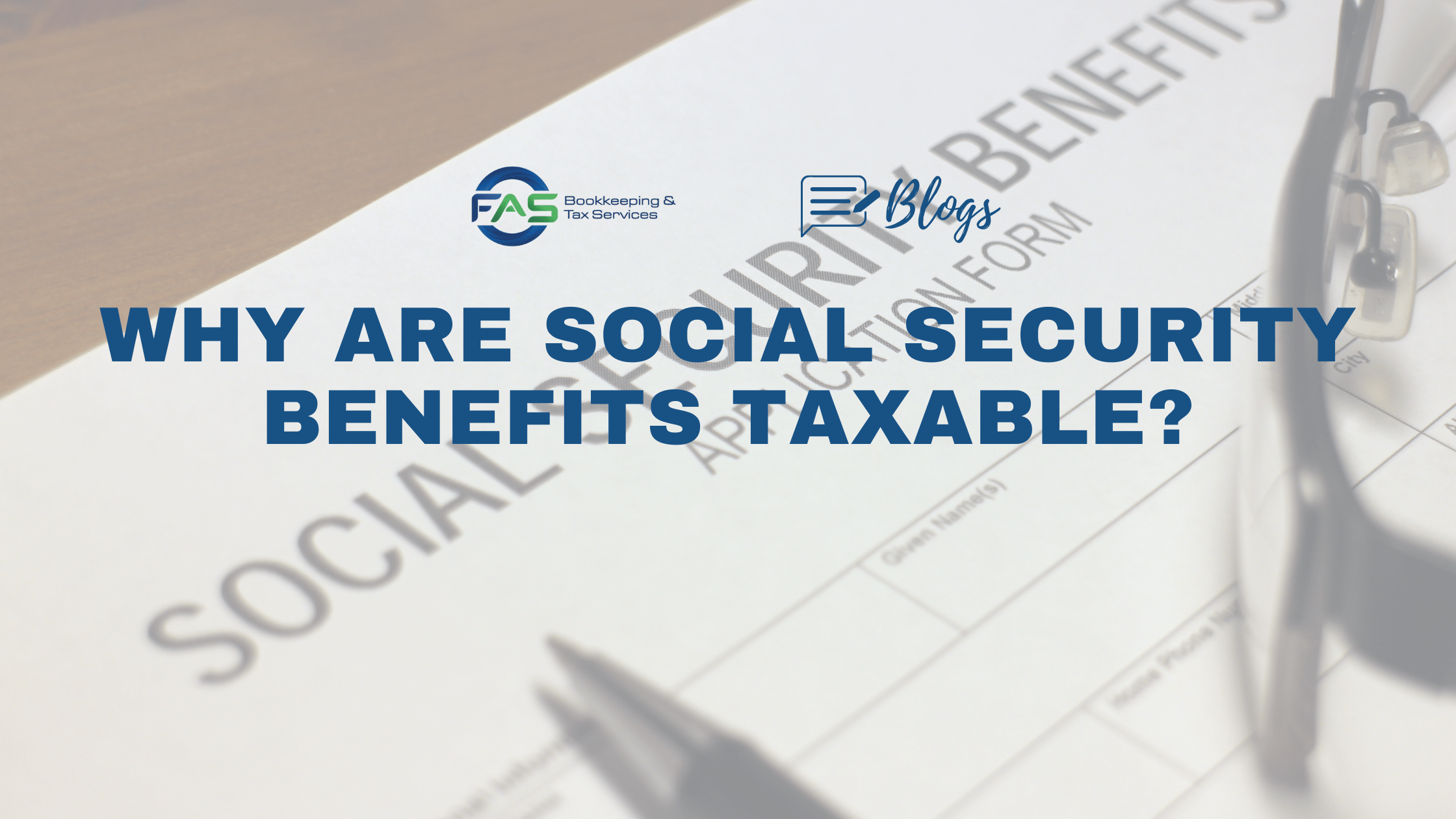




 The IRS wants you to list Social Security numbers exactly as printed on the card. If you claim someone as a dependent, you must enter his or her Social Security number. If the dependent or spouse doesn’t have an SSN, enter the Individual Tax Identification Number (ITIN). The same principle applies to names listed on a tax return; they should match the name on the Social Security card.
The IRS wants you to list Social Security numbers exactly as printed on the card. If you claim someone as a dependent, you must enter his or her Social Security number. If the dependent or spouse doesn’t have an SSN, enter the Individual Tax Identification Number (ITIN). The same principle applies to names listed on a tax return; they should match the name on the Social Security card.


 If you’re planning to file your return electronically, be sure to make a copy of your signed return and all schedules for your records.
If you’re planning to file your return electronically, be sure to make a copy of your signed return and all schedules for your records.